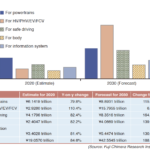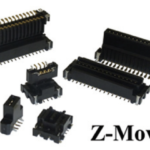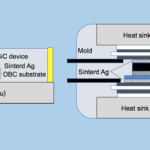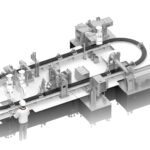ASIA ELECTRONICS INDUSTRYYOUR WINDOW TO SMART MANUFACTURING
IRISO's Philippine Plant Gains More From Automation
To respond to the global demand for connectors, IRISO Electronics Co., Ltd. has strengthened its production system in Southeast Asia. The company has expanded the scale of its Philippine plant in the suburbs of Manila, as well as in Vietnam near Hanoi.
IRISO Electronics Philippines, Inc. started out its operations in 1996 as the group’s first manufacturing base in Southeast Asian region. It installed a new factory building in 2015 inside its manufacturing complex in Cavite province south of Manila. With about 660 employees, the factory produces automotive products and has integrated production plant for press, molding, and connector assembly.
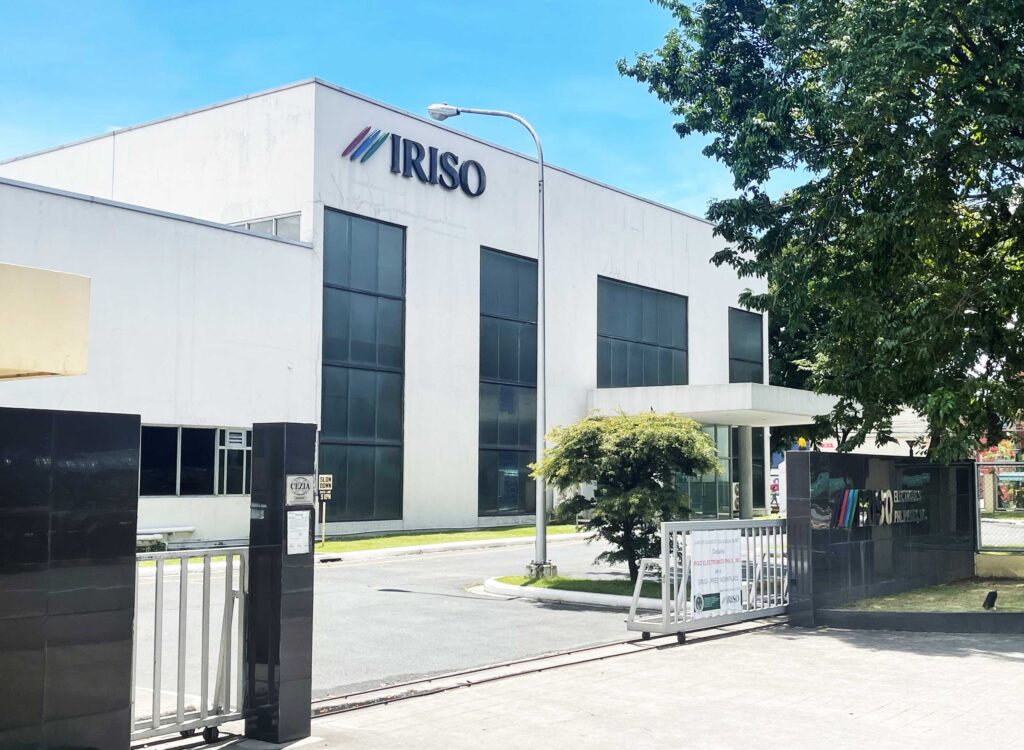
Expands Production Pace
IRISO Electronics Philippines carries out high-mix, low-volume production by using many manual production lines leveraging abundant workforce in the Philippines. The production ratio of custom products is also high. Recently, the production of connectors for on-board camera modules in the insert molding process using fully automatic machines has significantly expanded.
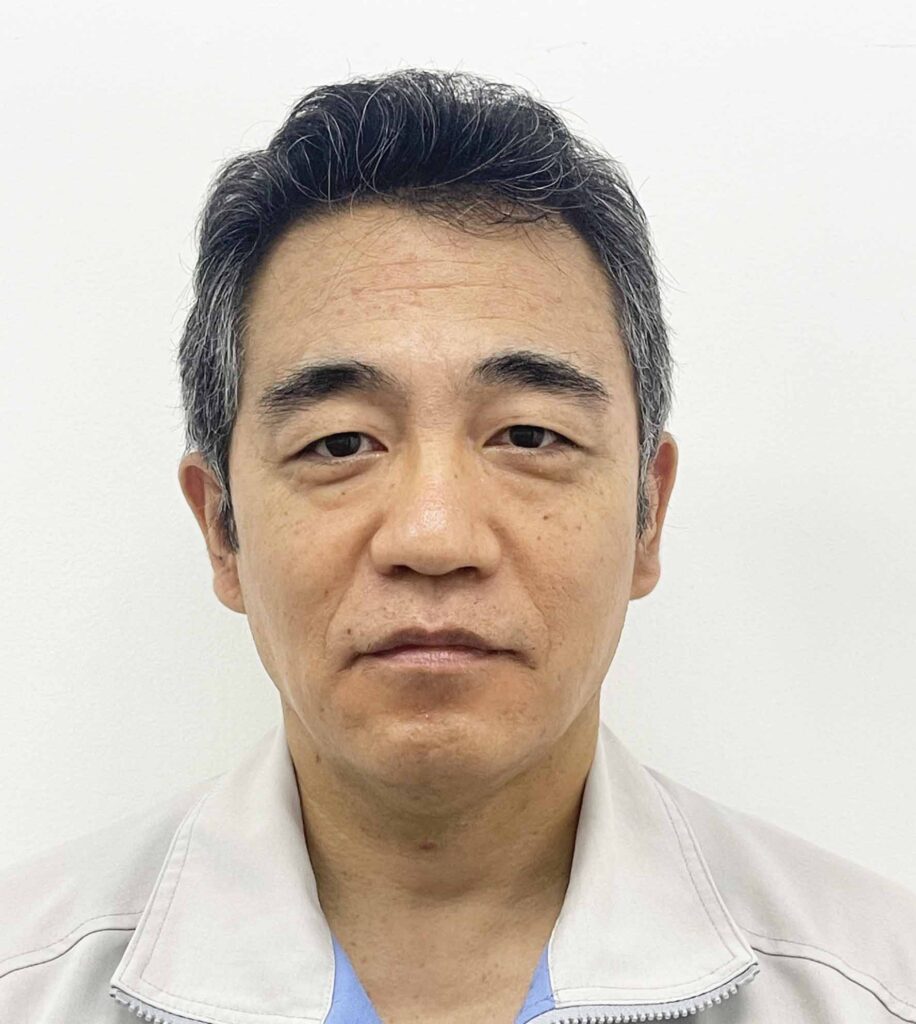
Norihide Mitsuta, Managing Director, IRISO Electronics Philippines, Inc., said, “The output of the plant increases every year, a big ratio of which is related to automotive electronics. It now accounts 86 percent of the company’s total production.”
In FY2020 ending Mar. 2021, Mitsuta noted production slowed down because of the slide of the automotive market amid the COVID-19 pandemic. “However, the production in FY2021 has been expanding at a pace of more than 20 percent over the previous year, and we expect to have record output for FY2021,” Mitsuta said.
IRISO Electronics Philippines produces automotive insert connectors in the automated production line using robots, achieving a constant molding cycle. It also nurtures design engineers and establishes an integrated computer-aided design (CAD)/computer-aided manufacturing (CAM) production system. By application, products for automobiles account for about 86 percent of products manufactured at the plant. Products for consumer electronics account for about 8 percent, and products for industrial equipment account for about 6 percent. It manufactures optical connectors for automotive Media Oriented System Transport (MOST), as well as interface connectors.
Aside from connector assembly, the company also focuses on in-house production of components and more than 90 percent of housings. It also produces on its own about 15 percent of terminals.
IRISO Electronics Philippines supplies its output to global markets, including China, Japan, the United States, as well as countries in Europe and Southeast Asia.
Heightens Automation Plan
As part of business continuity plan (BCP) to counter impacts of the pandemic, the company ensures to get more than enough workforce. “We have a system in place to enable us to recover even if a cluster gets infected or some might need to go on self-quarantine,” said Mitsuta.
“We will continue to improve productivity to increase output per employee. We will increase output of the manual connector assembly line by changing the line construction. We will also pursue zero defects,” he added.
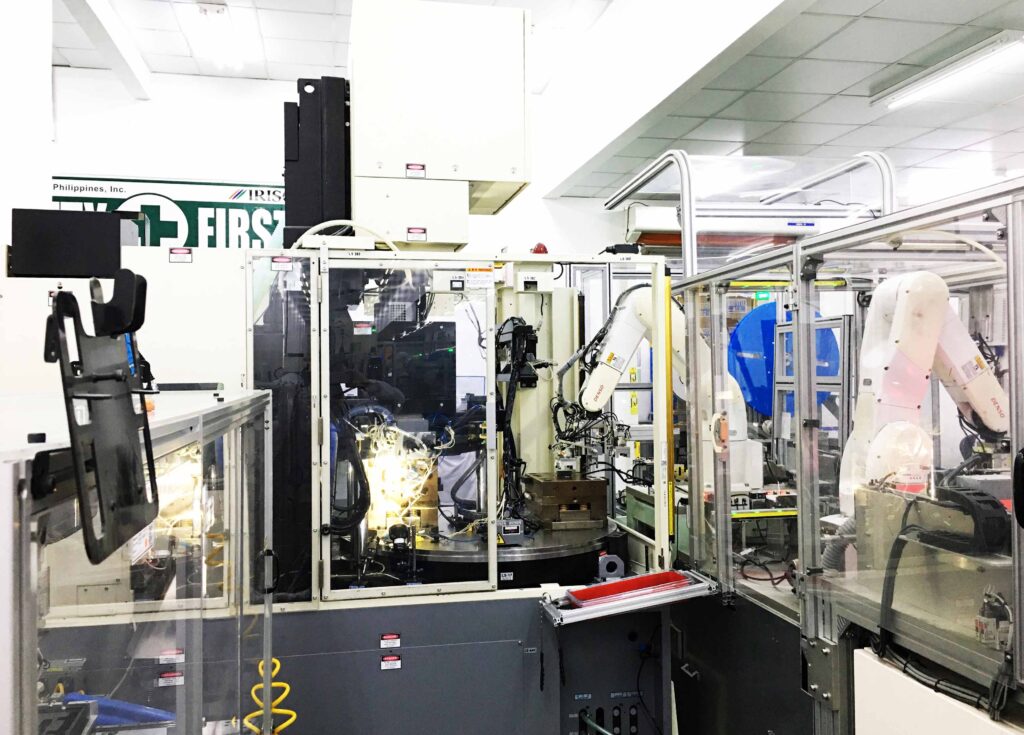
The company also implemented the switchover of manual lines to automated lines in 2019. Remaining manual lines are for high-mix, low-volume production and intends to improve efficiency through improvement activities.
The company has aggressively advanced capital investments to bolster production capacity. This year, it installed additional large molding machines and introduced automated optical inspection machine for molded products.
“To meet increasing demand, we plan to add automated machines in stages. For the future, we plan to replace manual lines with automated production lines using robots,” said Mitsuta.
“In the automotive market, applications of connectors have been expanding year after year reflecting the advancement of electrification and the progress of advanced driver-assistance systems (ADAS),” remarked Mitsuta.
The Philippine plant will continue expanding its production scale in stages, mainly of products for automobiles. It has already obtained ISO9001, ISO14001, and IATF16949 certificates, and plans to complete the obtainment of ISO45001 occupational health and safety management systems certificate by the end of FY2021.

